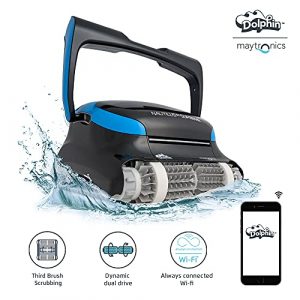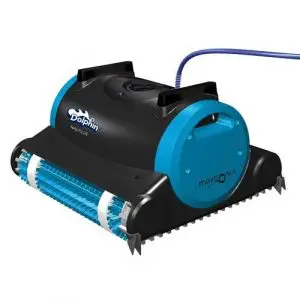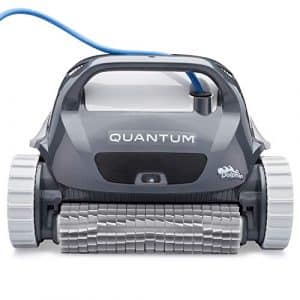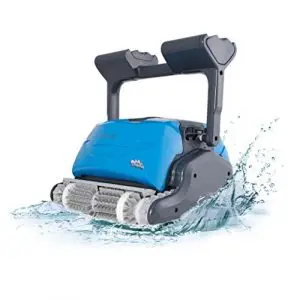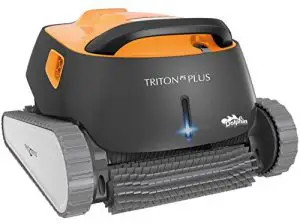Pool Water Testing | Is My Pool Clean?
Affiliate Disclosure: We receive a commission for purchases made via affiliate links.
Swimming pool water quality and regular sanitization are critical for a sparkling clean pool. All swimming pools, whether they are salt or freshwater, will attract bacteria. If left untreated, this can become a serious health risk. Here are some tips on how to do pool water testing the right way.
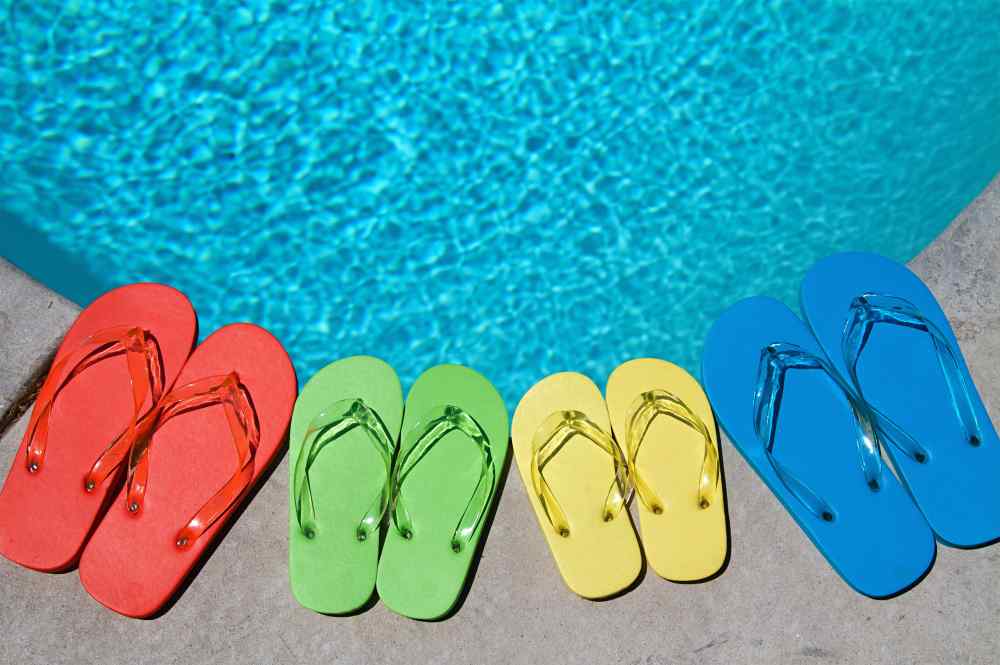
Algae in pool and green pool water
This is especially the case during summer months where the warmer water, greater use of the pool, debris left in the pool, algae in pool and regular water level top ups are a great catalyst for the growth of bacteria and the dreaded green pool water.
The most common and recommended treatment for pool bacteria is chlorine.
There are various methods of applying chlorine for pools the most common being:
- Manually, by dispersing the specified amount of swimming pool chlorine for your size pool over the surface of your pool.
- Automatically, with the installation of a salt chlorinator unit, which in saltwater pools, produces chlorine for pools in the correct amount and automatically feeds it into the swimming pool water.
Testing Pool Water for Chemical balance

Keeping the chemical balance your pool correct is important and needs to be regularly monitored and addressed if required. The three chemical balances to watch are:
- pH – overall Pool acidity and Alkalinity – 68%
- Total pool alkalinity level – 16%
- And calcium levels (hardness of water) – 16%
Fortunately, this is a relatively simple process to carry out with the aid of a low-cost pool water test kit. Monitoring chlorine and pH levels needs are done at least once a week and twice a week during summer months.
Alkalinity and calcium are a little less critical, perhaps once a month.
Pool water testing to balance pH levels
The reason pH balance is a critical test we must do is that an incorrect pH balance reduces important pool chlorine levels that can cause skin itching and eye irritation. So, maintaining the pH level of your pool is crucial to ensure it is safe to use.
The recommended pH standard for swimming pool water range is between 7.2 to 7.8, with 7.4 being ideal.
pH levels can be adjusted by adding baking soda to raise alkaline levels and pool acid to lower alkaline levels.
Swimming Pool Testing Kits
It’s a great idea to have a pool chemical tester in your home. Fortunately, these are readily available from your local pool shop or check them out online below.
The basic and usable pool water testing kits, such as the ones below, are inexpensive and easy to use.
1- LaMotte 2056 ColorQ Pro 7 Digital Pool Water Test Kit
2- 486201-K Exact® Pool EZ Photometer Starter Kit
3- U.S. Pool Supply Standard 3-Way Swimming Pool & Spa Test Kit

Also read:
- How To Vacuum A Pool
- Saltwater Pools vs Chlorine
- Best Pool Pumps
- Best Pool Vacuum Guide
- How To Maintain A Saltwater Pool
- Pool Water Testing Tips
- Zodiac Pool Vacuums Explained
- How To Get Rid Of Black Algae
- Best Pool Vacuum For Algae
- Best Pool Vacuum For Leaves
- Best Robotic Pool Cleaners For All Budgets
Categorised in: Swimming Pool Maintenance







